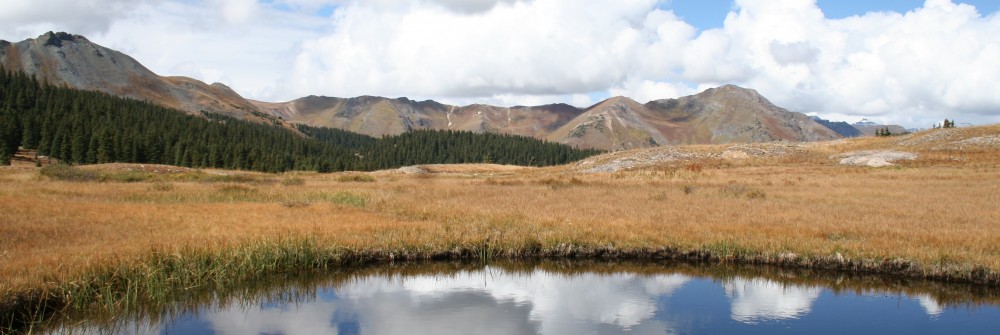Climate Change for Beginners: Convincing the Deniers (Part 4 of 4 )
By Mike SanClements
Over the last day or so, Sarah and Kristin have done a wonderful job discussing the science behind climate change and arguments for winning over climate skeptics. And if we’re doing our job well, maybe we’ve convinced you of the science. But perhaps you’re still unconvinced that climate change is a big enough problem to require any action.
These days, most of us have become extremely disconnected from our climate. And even though I think about climate change on a daily basis at work, it only takes a minute of reflection to see how easily it might fall from your mind if you didn’t. We all have our daily lives to live, work to do, and problems to deal with, making the idea of upending our comfy status quo seem unthinkable (or at least like some abstract future thing).
When society does seem to voice worry about our climate it’s often met with the argument that addressing climate change will destroy the economy. A silly argument, because the economy exists within the environment and is already feeling the effects of climate change. Continue reading →



You must be logged in to post a comment.